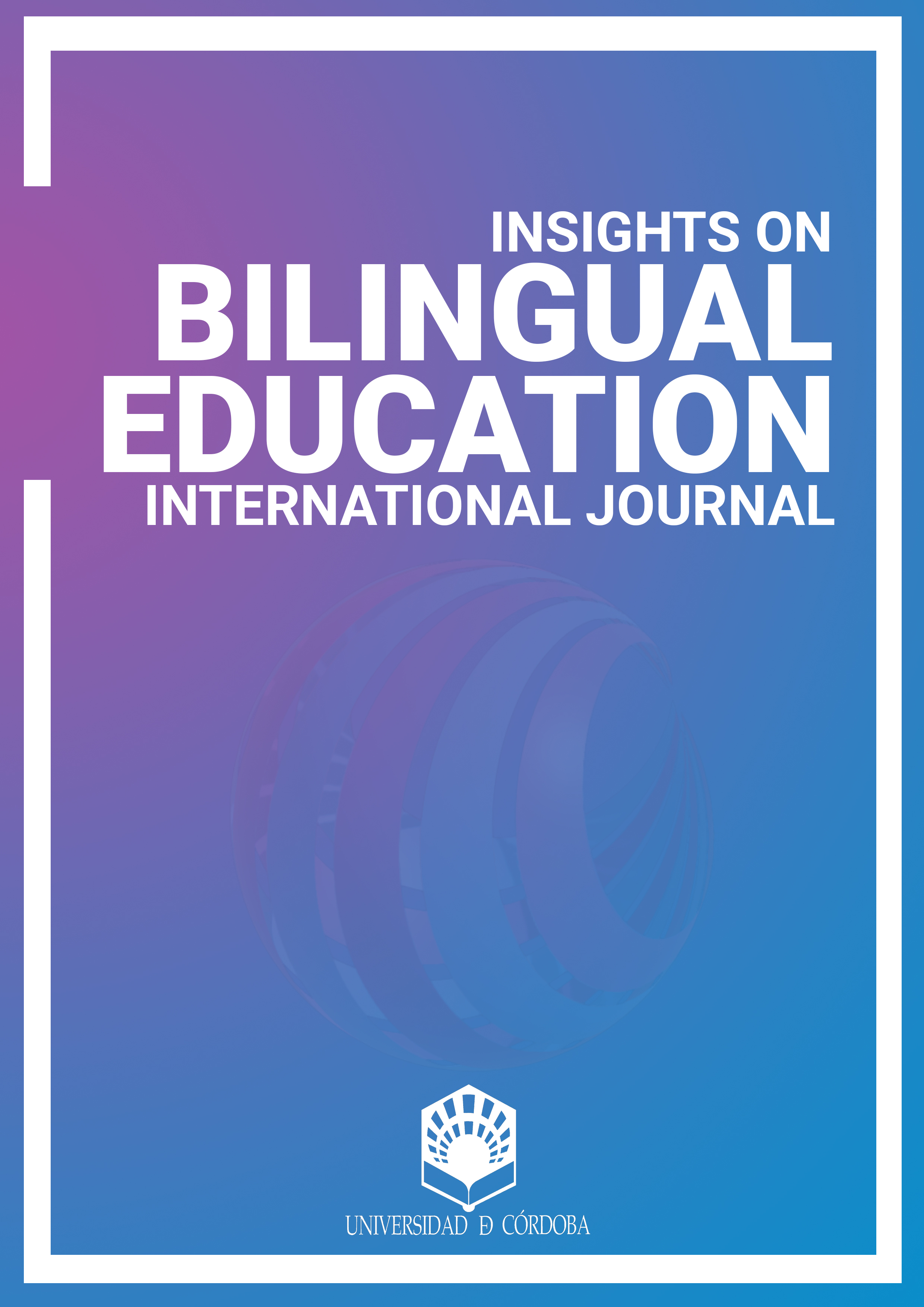Regards croisés sur la coopération en formation des enseignants : perspectives didactiques en Éducation Physique et Sportive, Mathématiques et Éducation Morale et Civique
Main Article Content
Abstract
The aim of this article is to analyse the implementation of the DICO+ project in initial teacher training (Master 1 and 2 levels) in France, and more specifically at the Institut National Supérieur du Professorat et de l'Education (Higher School for Teaching and Education). The article looks at the effective implementation of cooperative practices between teachers and pupils and the reflexivity on teaching and training concepts that the project has encouraged. The aim of the article is to present cross-disciplinary perspectives (Physical Education and Sport, mathematics, Moral and Civic Education) in order to share cooperative experiences in teaching and training, to consider the principles and conditions of such cooperation, and finally to raise a debate on the need for a change of perspective on what it means to teach and train. The article presents some cooperative experiments in different subjects and class levels, carried out by pre-service teachers, supervised by trainers and researchers involved in the DICO+ project. The aim is to present the common framework developed and used in the implementation of the project and its different variations according to the various teaching contexts. The ways in which trainee teachers work together are analysed in detail. On the pupils' side, the aim is to examine the learning skills as well as the social and inclusion skills that a cooperative approach can help to develop. The proposed assessment questions the representations and habits inherent in the initial training of teachers and the development of pupils' skills. What teaching and academic skills are needed to meet the social and academic challenges? To what extent should the school form be rethought and cooperation infused, and at what levels?
Downloads
Article Details

This work is licensed under a Creative Commons Attribution-NonCommercial-NoDerivatives 4.0 International License.
References
Baticle, Y., Pavie, C. (2020), Ecrire un roman coopératif avec sa classe, Lyon : Chronique sociale.
Buznic-Bourgeacq, P. (2021). Ingénierie coopérative et clinique du sujet didactique : enjeux et démarches pour une prise en compte du sujet dans la coopération entre chercheurs et praticiens, 2ème Congrès International de la TACD, « Pour une reconstruction de la forme scolaire d’éducation », Nancy, 29 juin-1er juillet 2021.
Connac, S. (2017), Enseigner sans exclure, la pédagogie du colibri, Paris : ESF.
Georget J-P. (2009). Activités de recherche et de preuve entre pairs à l’école élémentaire : perspectives ouvertes par les communautés de pratique d’enseignants. Thèse de doctorat. Université Diderot Paris 7.
Kagan, S. (1992). Cooperative learning. Los Angeles: Kagan publishing
Martin, D., Clerc-Georgy, A. (2017). « La lesson study, une démarche de recherche collaborative en formation des enseignants ? », Phronesis, vol. 6 (2017/1-2), p. 35-47.
Prevel, S., Buznic-Bourgeacq, P., Himy, L. (2022), « Co-enseignement et difficulté scolaire dans le premier degré : penser le lien d'un point de vue didactique », Les Cahiers de l'INSPE Normandie Caen, vol. 6.
Reverdy, C. (2016), La coopération entre élèves, des recherches aux pratiques, Dossier de veille de l’IFE, n°114.
Sensevy, G. (2019). Forme scolaire et temps didactique. Le Télémaque, p. 93-112.
Sensevy, G. (2011). Le sens du savoir. Louvain-la-Neuve : De Boeck.
Toullec-Thery, M., Marlot, C. (2015). Quelles incidences sur les apprentissages ont les formats d’intervention des enseignants quand ils travaillent à deux ? Rapport du comité national de suivi du dispositif « Plus de maîtres que de classes », MENESR.

